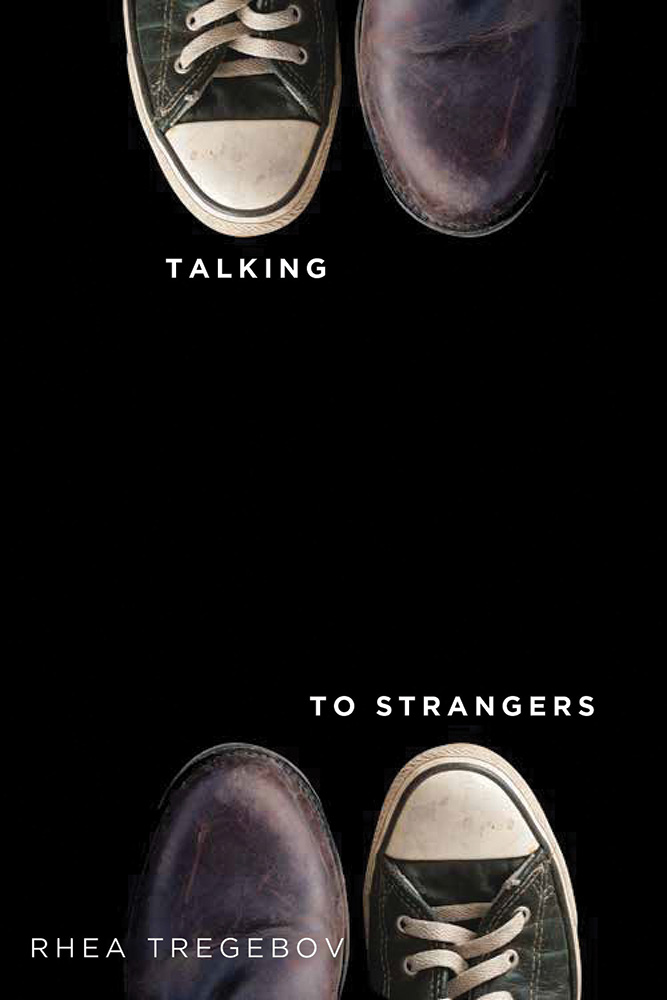Talking to Strangers is a book of bracing encounters. Throughout her four decades as poet, Rhea Tregebov has displayed an uncommon eye for the mysteries of ordinary life—moments where, as she writes, “[t]he simplest things / elude me.” This gift is brought to brilliant effect in her eighth book of poetry and most charged to date. In gorgeous arias of recollection and evocation, of elegy and heartbreak, Tregebov mourns, praises, prays, regrets, summons, celebrates, and bears witness with formidable artistry and tenderness (“You wouldn’t think the inanimate would get tired /but it does.”) Direct, never forced, keenly observant, and marked by scrupulous craft, these new poems unfold in beguiling, often breathtaking ways. They confirm Tregebov’s place among the most significant poets of her generation. Talking to Strangers was awarded both the 2024 Canadian Jewish Literary Award for Poetry and the 2025 Western Canada Jewish Book Award Betty Averbach Foundation Prize for Poetry. The book was also long-listed for the Al & Eurithe Purdy Poetry Prize.
praise
“To be a flower in Rhea Tregebov’s garden, a bird in her window, a passerby on the street, is to be loved indiscriminately. This generosity of feeling is palpable in every line of Talking to Strangers, the eighth book by an enduring voice in Canadian poetry.” —Ronny Litvack-Katzman, Montreal Review of Books [read full review→]
“Poetry is inside talking to inside”, Donald Hall the American poet and essayist once wrote, but what he did not say is that most often, at its core, poetry is one stranger talking to another stranger. And few do it better than Rhea Tregebov.” Chris Banks, The Woodlot [read full review]
“Talking to Strangers asks its readers to consider how best to “navigate/the weight of what/you had and don’t/anymore, of losing/what you couldn’t/do without.” How do we manage when the things (and people) we love disappear? How do we find meaning in the middle of the stark and confusing emptiness that accompanies deep loss” Kim Fahner, Periodicities [read full review→]
“For decades, Rhea Tregebov has been writing poems of penetrating honesty. At their core is a deep familiarity with the necessities of love; inconsolable loss, inconsolable hope.” —Anne Michaels


